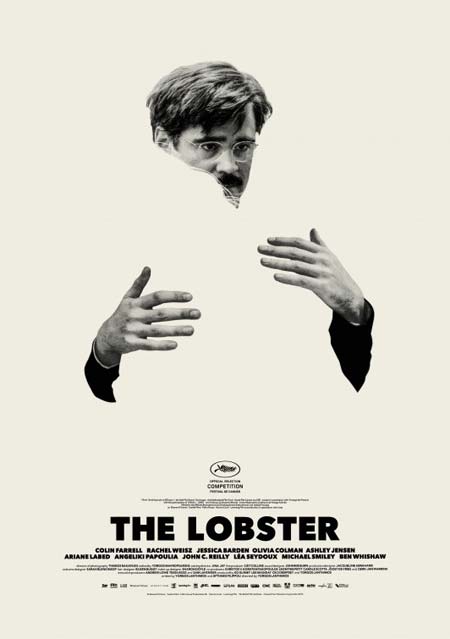‘The Lobster’ is a new film starring Colin Farrell and Rachel Weisz in which single people are rounded up and taken to a hotel where they must fall in love or be turned into the animal of their choice – most people choose dogs. Although an absurdly humorous statement for being single reaching middle age, ‘The Lobster’ gives a startling insight into what it means to be single, aging, and lacking options.
Here are some things ‘The Lobster’ taught me about being single and desperate:
People in Relationships Alienate You
The whole concept of ‘The Lobster’ is based around the idea that if you can’t find someone to fall in love with, and build a steady relationship with that person, you will be turned into an animal. At The Hotel, where the forged romancing takes place, once a relationship is formed between two guests they can then move up to a couple’s room, and become segregated from the single group. Alienation of single people seems to be the metaphor shining through in the film.
People Who are Single Become Bitter About It
It’s not me that’s saying this, but the people in ‘The Lobster,’ who have remained single and shafted themselves off into the wilderness to live as “loners”, are extremely bitter. The leader of the “loners” does not allow flirtation between the single people, and they must remain single. Any deviation from this is punishable in the most extreme of ways. Was the director trying to make a statement of the bitterness of single people?
People Become Very Desperate to Forge a Relationship
In ‘The Lobster,’ time is running out. The hotel guests have a certain period in which they can find love, a relationship, leave single life behind, or they will be severely punished. Desperation of the main character takes hold as he tries to find love with someone definitely not suiting, just so he can say he has found love. It’s forced and dangerous, and is that the point being made in ‘The Lobster?’
